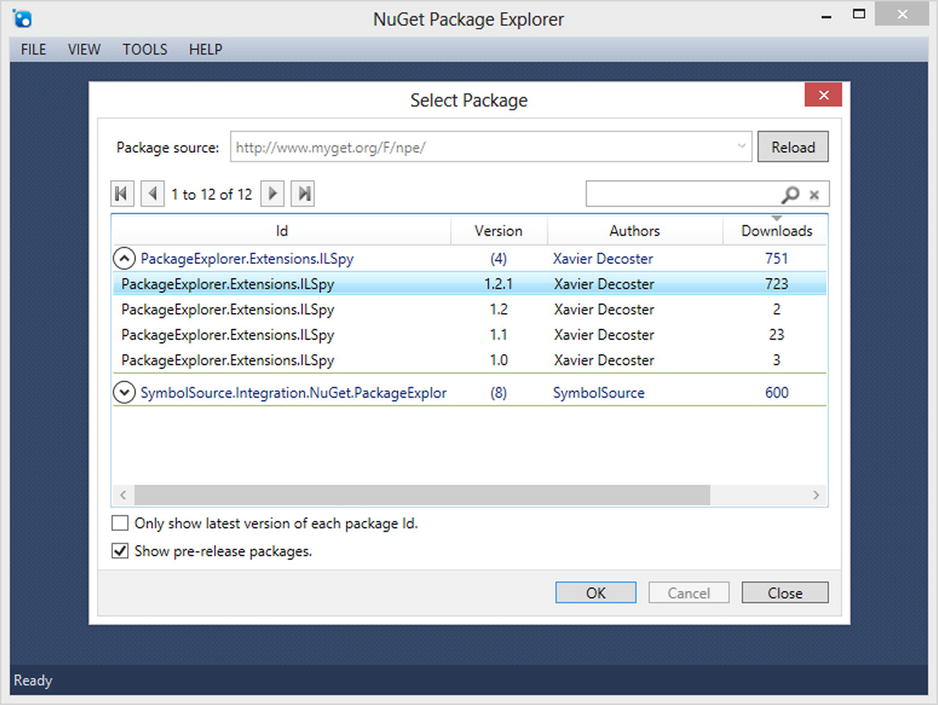

Using it as a long term solution for providing newer compilers on older MSBuild installations is explicitly not supported. Please note as per Microsoft “ This package is primarily intended as a method for rapidly shipping hotfixes to customers. Adding the latest NuGet package to the project: dotnet add package. most likely there is a mismatch between the used compiler toolset/SDK and the version of Roslyn analyzer library used by SCS. The system cannot find the file specified. Could not load file or assembly 'Microsoft.CodeAnalysis, Version=******'. ⚠️ If during the analysis you run into warning CS8032: An instance of analyzer Securit圜odeScan.Analyzers.****** cannot be created from. To disable this behavior, for example if the dependent project is a unit test project, make sure the NuGet package is added as private in the. NET Core, if you added a reference to a project that had a Roslyn analyzer as NuGet package, it was automatically added to the dependent project too. It is a good idea to exclude test projects, because they do not make it into a final product. Installing it as NuGet package allows to choose projects in a solution that should be analyzed. NET 4.x please use security-scan4x.zip from GitHub Releases.Īll three options or running SCS have their own advantages.
DECOMPILE NUPKG INSTALL
Install with dotnet tool install -global security-scan and run security-scan /your/solution.sln.

Run the command Get-Project -All | Install-Package Securit圜odeScan.
DECOMPILE NUPKG CODE
Select “Browse” on the top and search for Security Code Scan. Select “Manage NuGet Packages for Solution…”.
DECOMPILE NUPKG PROFESSIONAL
Visual Studio Community, Professional and Enterprise editions are supported. NET Core projects in a background (IntelliSense) or during a build. Stand-alone runner or through MSBuild for custom integrations.Īnalyzes. Inter-procedural taint analysis for input data.Ĭontinuous Integration (CI) support for GitHub and GitLab pipelines. Detects various security vulnerability patterns: SQL Injection, Cross-Site Scripting (XSS), Cross-Site Request Forgery (CSRF), XML eXternal Entity Injection (XXE), etc.


 0 kommentar(er)
0 kommentar(er)
